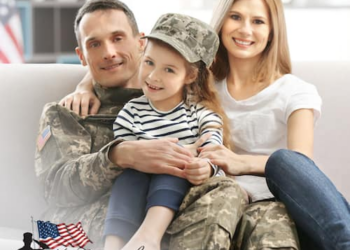One unfailing test of a country’s civilization, Winston Churchill once stated, lies in the mood of the public toward the treatment of crime and criminals. In a Texas courtroom April 21 and 22, two women did something rarely seen in the current mood of the United States.
They forgave and then hugged a man who had killed their family members in one of the deadliest mass shootings in U.S. history.
The first to forgive was Yolanda Tinajero, a Mexican American whose brother was killed in an El Paso Walmart by a white, anti-immigrant young man in 2019. After Patrick Crusius had pleaded guilty and was given multiple life sentences, the survivors and the families of the 23 victims gave impact statements in the courtroom. Most were angry, seeking retribution.
Ms. Tinajero, however, told the shooter, “At first, I was very angry at you, but God helped me to suppress this anger with forgiveness. I feel in my heart to hug you very tight so you could feel my forgiveness, especially my loss. But I know it’s not allowed.”
District Judge Sam Medrano then gave her permission to hug Mr. Crusius. He accepted despite the shackles on his hands. Then he listened for a minute while she quietly talked in his ear. The judge later said he had to turn away for a “good cry.”
The next day, Adriana Zandri of Mexico, whose husband was one of the victims, was permitted to hug the shooter and also forgave him.
Such acts of mercy may be a better way to end America’s cycles of mass shooting. Too often government relies on a rigid process of retribution and deterrence by incapacitation. At the least, these free acts of grace did contribute to the two women’s healing. And they say something about El Paso’s level of civilization.
As Ms. Tinajero told the shooter, “I want you to see and feel all of us who have been impacted by your actions that have brought us all closer with God’s love, which shows you that this great city of El Paso is a very forgiving place to dwell in.”
“If you would have come before to get to know our culture, you would have experienced what warm and good-hearted people us Hispanics are. We would have opened our doors to you to share a meal, breakfast, lunch or dinner – Mexican style. So, then, your ugly thoughts of us that have been instilled in you would have turned around.”






